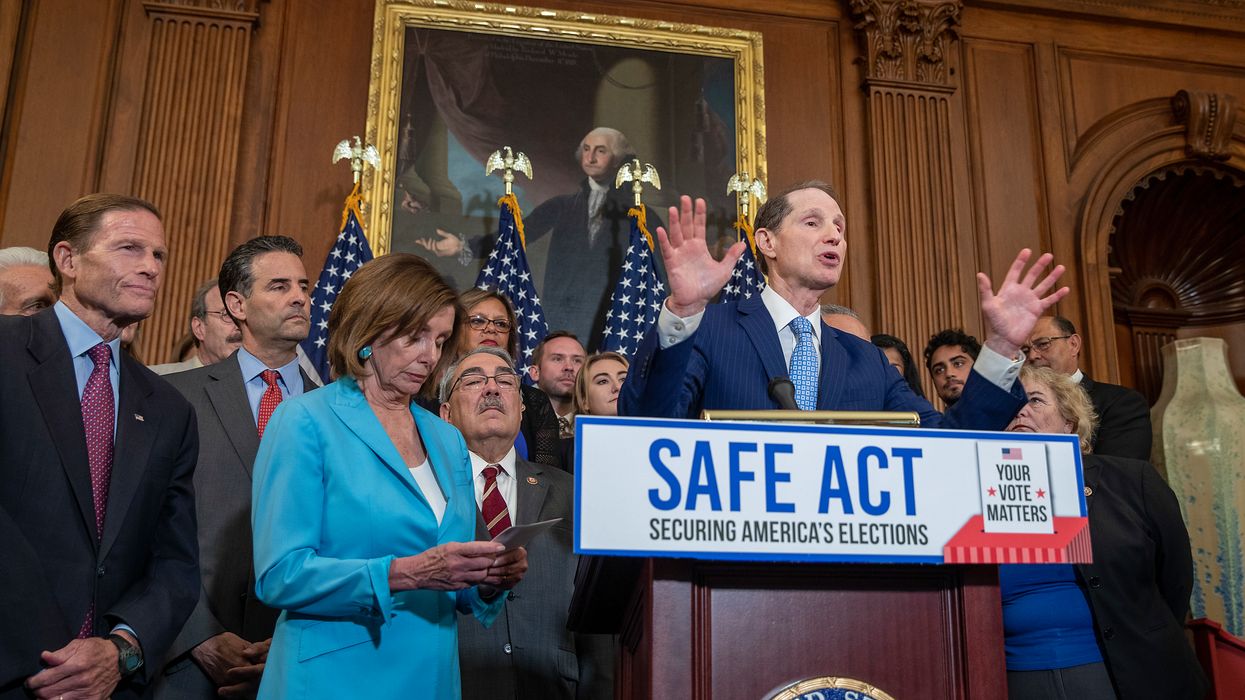The House of Representatives on Thursday passed legislation requiring the use of paper ballots and providing grants for replacing voting systems and improving security, but the bill stands minimal chance of advancing any further.
Everyone in the Democratic majority voted for the SAFE Act – for Securing America's Federal Elections – but only one Republican did so.
Similar Republican resistance in the Senate, led by Majority Leader Mitch McConnell at the urging of President Donald Trump, means the bill looks to be shelved for the indefinite future. But Democrats in the House wanted to make a show of passing it nonetheless as a way of sending a message they care about protecting the 2020 presidential vote from foreign hackers.
"Every American, no matter their choice in politics, should know their vote will be counted as cast," said California Democrat Zoe Lofgren, the author of the legislation and chairwoman of the panel that oversees federal elections.
The bill is a response to Russian attacks on U.S. election systems during the 2016 election cycle, including intrusions into voter registration systems.
Rodney Davis of Illinois, the top Republican on Lofgren's panel, criticized the bill as a "top-down federally mandated approach" that dictates to local governments how to respond to election security concerns. He blamed the Obama administration for not responding as soon as intelligence officials began to report on Russian attempts to hack U.S. election systems.
"This bill is simply another partisan bill by the majority," he said.
Davis called for resumption of negotiations on a bipartisan bill, but Lofgren said Democrats had "tried in vain" to negotiate with Republicans and were not successful.
The requirement for paper ballots is intended to prevent fraud and to allow voters to ensure their votes on accurately recorded. The bill also authorizes $1.3 billion for grants to implement new voting systems and to carry out security improvements. Those funds would still have to be appropriated by Congress.
Meanwhile the House also passed on Thursday, again on a mostly partisan vote of 224-196, an appropriations bill that includes $16.2 million to operate the Election Assistance Commission in the fiscal year beginning Oct. 1. That is a 75 percent increase over the current year. In addition, the bill includes $600 million for the commission to dole out to states for election improvements, almost doubling the $380 million set aside for that purpose in this year's budget.
The bill is a sprawling package that sets spending levels for a long roster of agencies under the heading of financial services and general government. It now goes to the Senate, where interest in advancing the annual budget bills is stronger than in addressing politically fraught policy measures.




















Trump & Hegseth gave Mark Kelly a huge 2028 gift